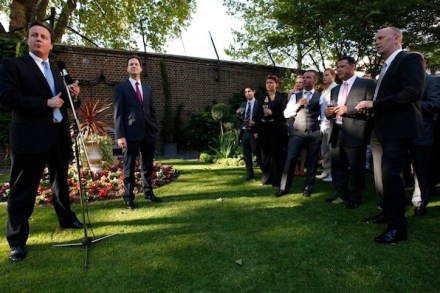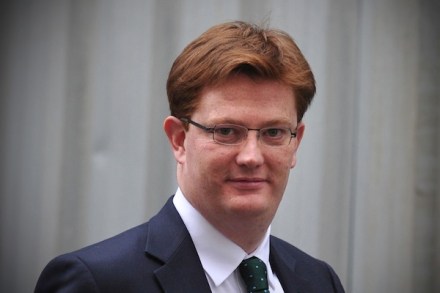Scottish independence: it’s still (almost) all about oil.
The Scottish government published a paper on the national economy today that, according to Alex Salmond and Nicola Sturgeon, makes the case for independence. You can read the pamphlet here or the BBC’s summary of it here. Most of it was relatively uncontroversial. As Salmond himself said “even” Unionists agree Scotland could survive and perhaps even prosper as an independent nation state. It would be depressing if this were not the case after 300 years of Union. But since we all – or most of us, anyway – agree with that one wonders why so many nationalists continue to argue as though anyone who disagrees with them (on just about



















